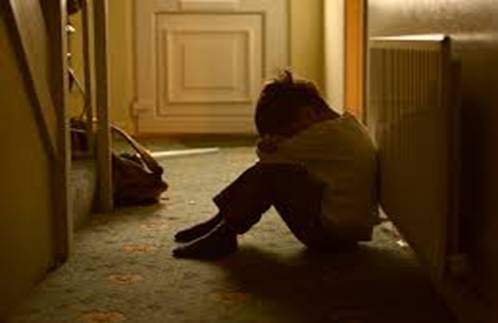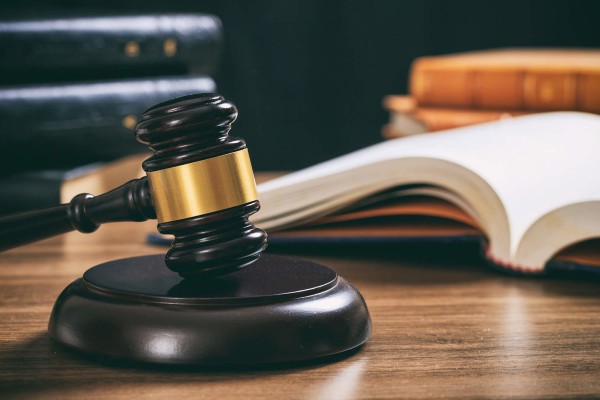Foster care is meant to be a place of safety, a temporary haven for children who have already endured hardship. But what happens when the system meant to protect becomes the source of new trauma? For far too many children, abuse in foster care is a devastating reality—and the effects can last a lifetime.
The emotional scars are deep. Victims often struggle with trust, self-worth, and long-term mental health issues. The abuse isn’t just physical—it’s psychological, and its impact ripples well into adulthood. These aren’t just isolated incidents; they’re systemic failures that demand accountability.
That’s where legal representation for foster care sexual abuse victims plays a critical role. Attorneys who specialize in these cases aren’t just filing lawsuits—they’re giving survivors a voice, a path to justice, and a way to reclaim power that was stolen from them.
Legal support can open doors that once felt permanently shut. It enables survivors to hold individuals, agencies, and institutions accountable for the harm they caused. And more than anything, it shows victims they’re not alone—that what happened to them matters, and someone is willing to fight for them.
The Legal System’s Role in Foster Care Abuse Cases
When it comes to foster abuse, the legal system can intervene in powerful ways. Attorneys can help uncover years of hidden abuse, compel state agencies to take responsibility, and ensure negligent foster parents or institutions are brought to justice.
Victims may be entitled to compensation for pain and suffering, therapy, lost opportunities, and the long-term impact of trauma. Legal action can also force policy changes, improving oversight and protections for future children in care.
These aren’t just lawsuits—they’re accountability mechanisms. They signal to social services, foster care agencies, and governmental bodies that abuse will not go unpunished.
Building a Strong Case Takes Courage—and Support
Many survivors hesitate to come forward. Fear, shame, and years of silence can make speaking up feel impossible. But the right legal team creates a safe, trauma-informed space where victims can tell their story without fear of being judged, blamed, or retraumatized.
Lawyers experienced in foster abuse cases know how to navigate sensitive issues with care. They gather medical records, interview witnesses, and partner with mental health professionals to build a case that reflects the full scope of the harm done. Most importantly, they keep the survivor’s well-being at the center of everything.
Moving from Silence to Justice
Healing begins with acknowledgment—and often, legal action is a crucial step toward closure. Survivors who pursue justice aren’t just seeking compensation. They’re making a statement that what happened was wrong, and that the system must do better.
No one should have to suffer in silence. If you or someone you love experienced abuse in the foster care system, legal help is available. There are attorneys ready to listen, ready to believe you, and ready to fight for the justice you deserve.
Because protecting children isn’t just a promise—it’s a responsibility.
Conclusion
The legal system plays a vital role in helping foster abuse victims find justice and healing. With the right legal support, survivors can hold abusers accountable and inspire meaningful change. Speaking out is never easy—but with help, it’s possible to turn pain into power.







